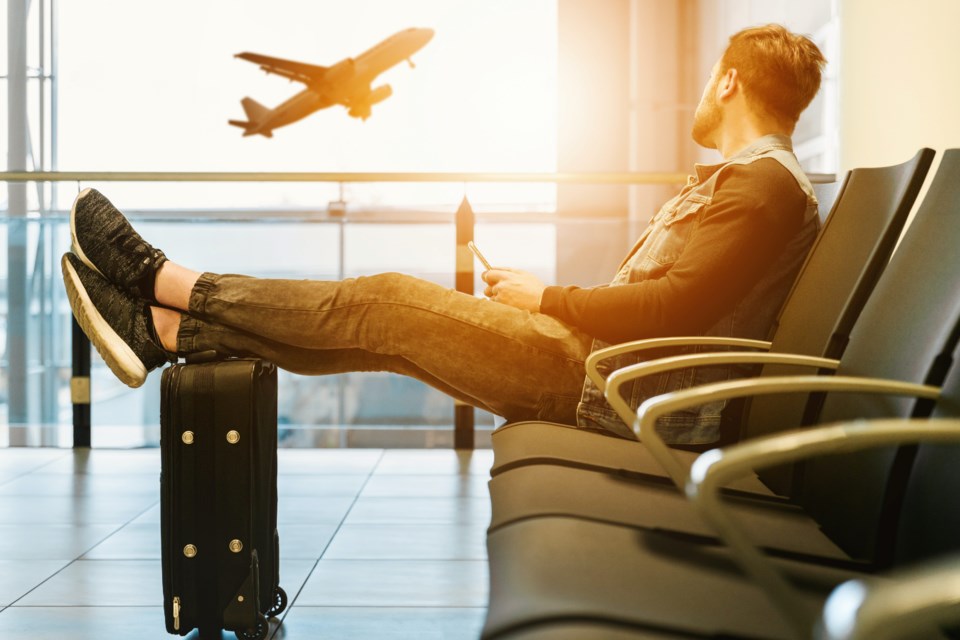WASHINGTON, DC—(Pinkston News Service)—Summer is here and as domestic and international travel rebounds, lingering effects of the pandemic, coupled with rising violence due to global instability, has created new risks for travelers. Security expert Dale Buckner of Global Guardian offers the following tips to help all Americans stay safe while abroad.
- Understand a Country’s Security Climate: According to Global Guardian’s 2022 Worldwide Threat Assessment, theft, robbery, drug smuggling, and kidnapping are “rebounding globally.” In addition to the U.S, Mexico, Nigeria, India and Sweden are just some of the countries experiencing some form of unrest. Before embarking on a trip, vacationers should familiarize themselves with where they will be traveling in-country and any security warnings issued for that country or its regions.
- Rethink Public Transportation: Mexico is among the top 20 most dangerous countries in the world. If traveling to Latin America in particular, airport taxis and ride shares should be avoided at all costs as taxi drivers often serve as scouts on the lookout for vulnerable people. Instead, secure transportation should be arranged ahead of time. Vacationers should also not stray from the safety of the resort and consider traveling with others if they must leave.
- Make Medical Preparations In Advance: Since not all countries offer the same quality of medical care, it is important to understand the local emergency response systems and capabilities available at a destination in the event of injury, sickness or a natural disaster. People should also review their health insurance policies to ensure they are properly covered while away and consider getting medical evacuation coverage as an extra layer of protection.
- Stay Up to Date on Vaccinations: For travel to exotic and geographically remote locations and regions that have limited medical resources and/or limited access to modern medical practices, travelers should also consider a pre-trip appointment with a physician to ensure all necessary vaccinations have been completed. They should also prepare a past medical history and current medication list document in the destination's native language, a travel health kit, and arrange for translator services if available.
- Know a Region’s COVID-19 Protocols: COVID-19 health protocols can differ by country and could change at any time, especially as cases continue to rise in many parts of the world. Travelers should understand all requirements, including what to do in the event of illness while in-country.
- Don’t Rely on U.S. Government Emergency Assistance: One should not solely rely on U.S. government assistance in the event of an emergency evacuation because there are limits to the assistance the US Embassy can provide in an emergency.
“If you stop and think about the increase in violence here in the United States, one of the most developed countries, then you can only imagine the inherent risks facing travelers in other parts of the world,” said Dale Buckner, CEO of the security firm Global Guardian. “It’s imperative that people account for all the unimaginable emergency scenarios that could happen, before arriving at their destination.”


.jpg;w=120;h=80;mode=crop)
